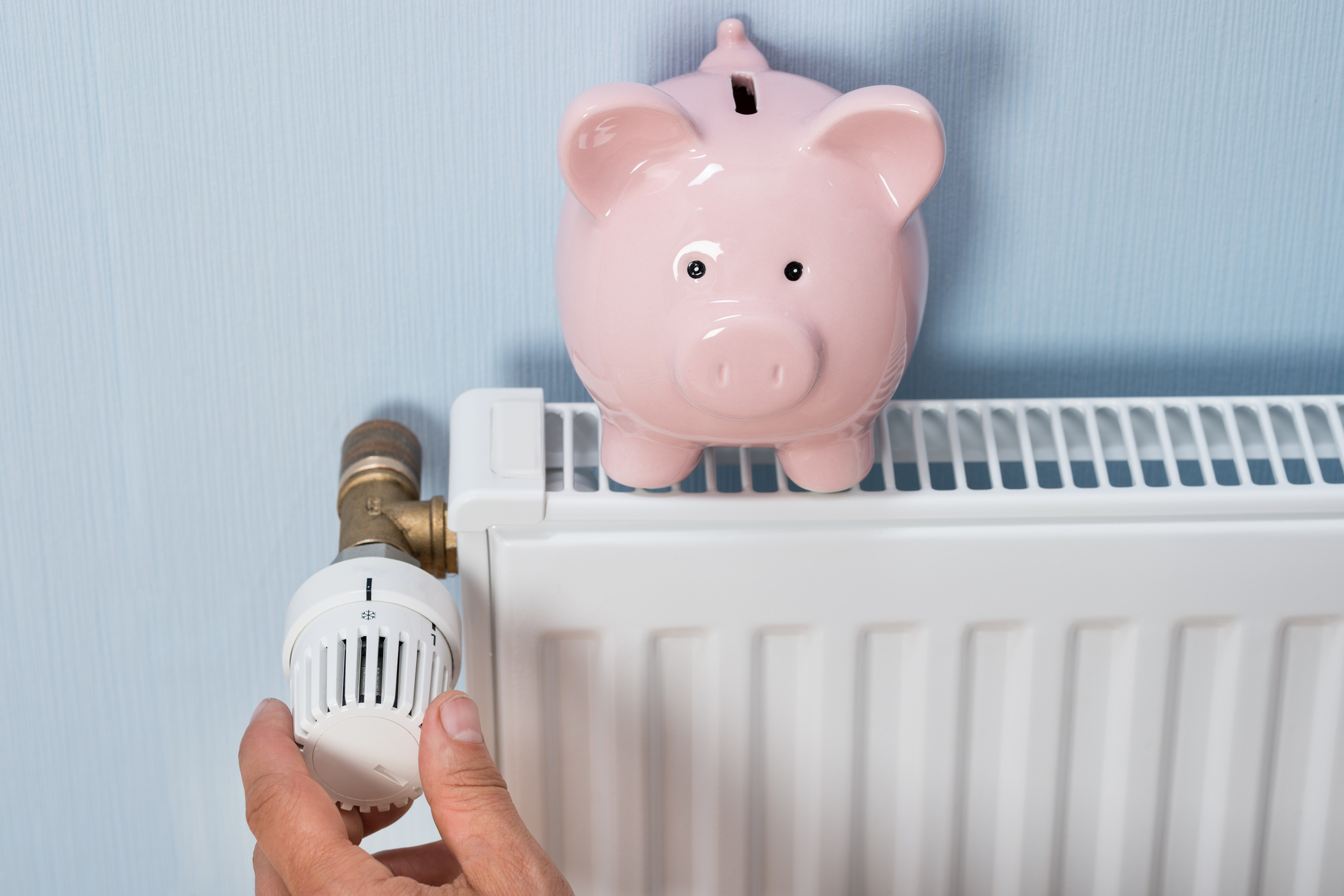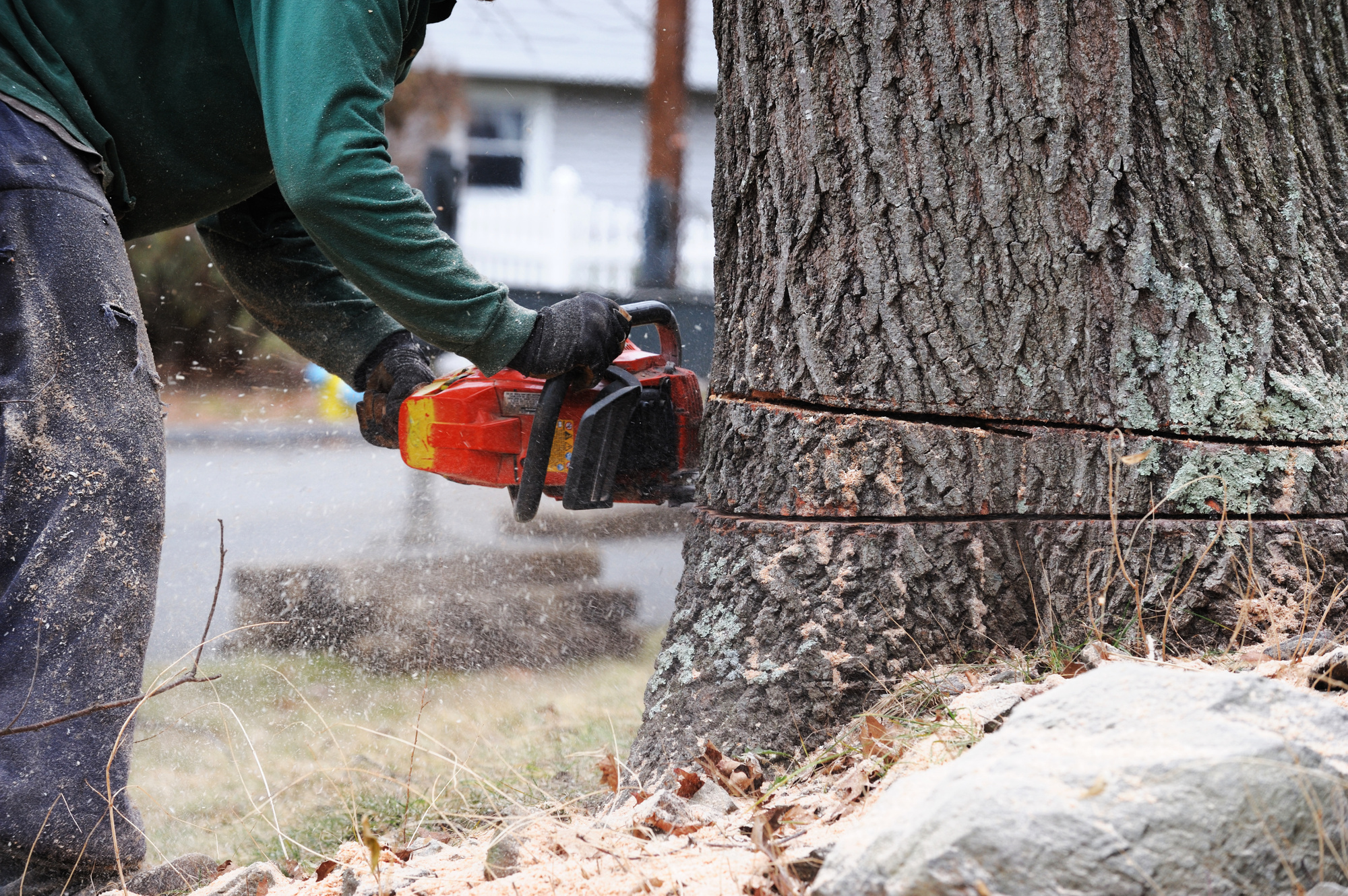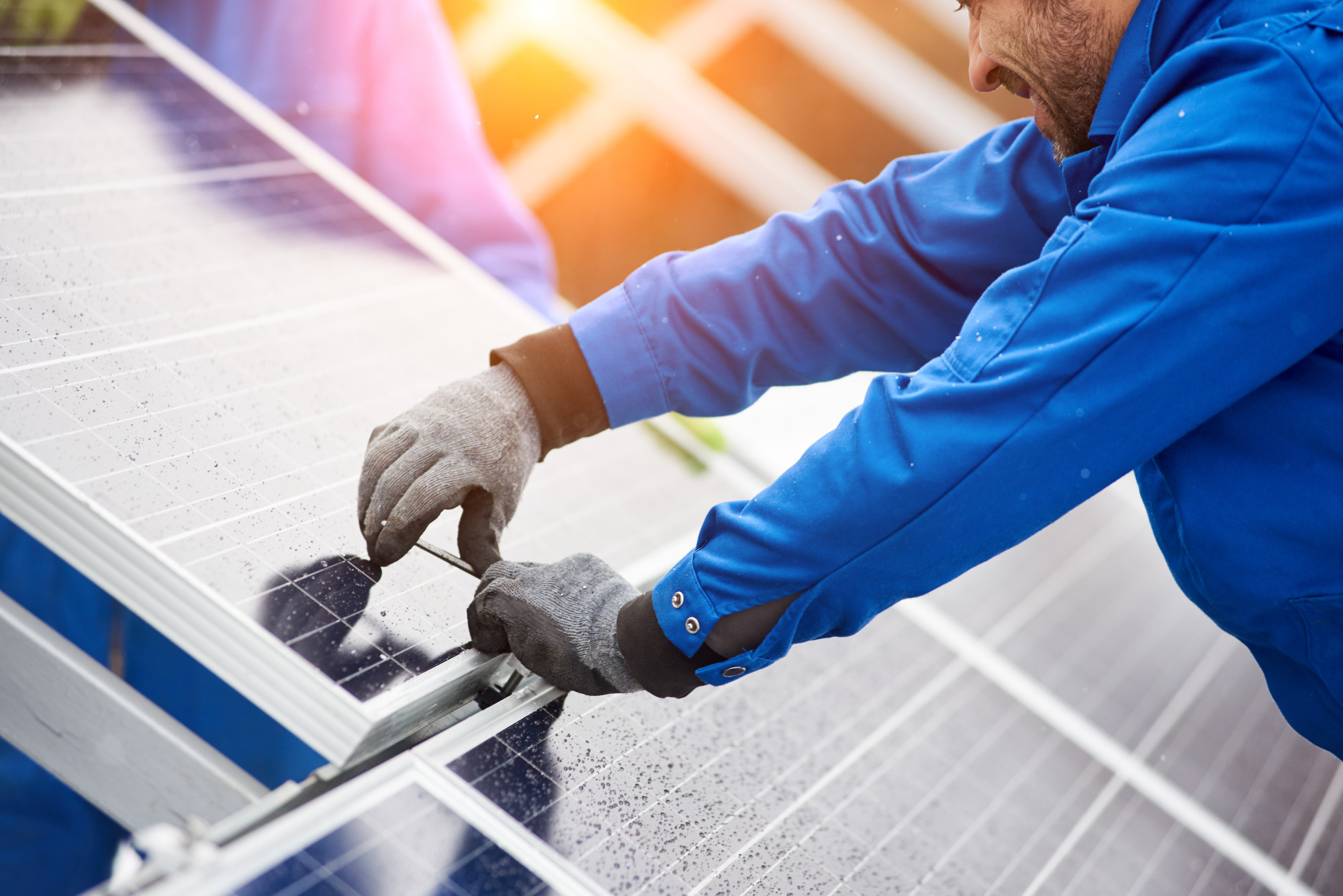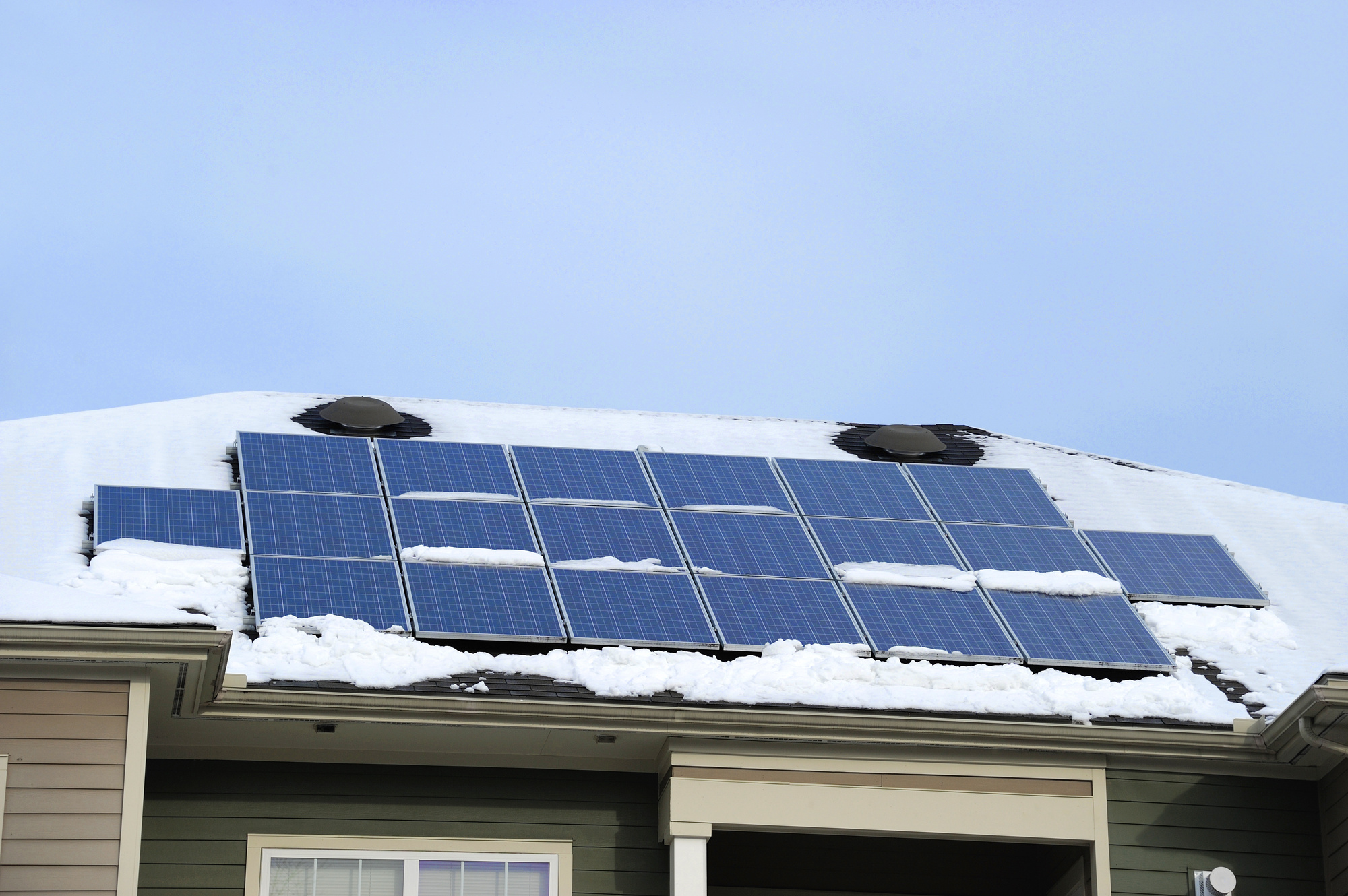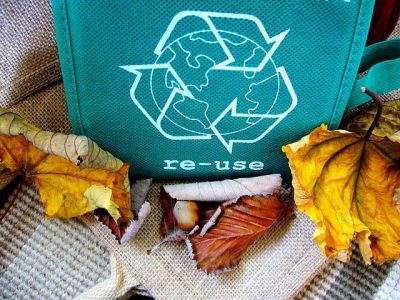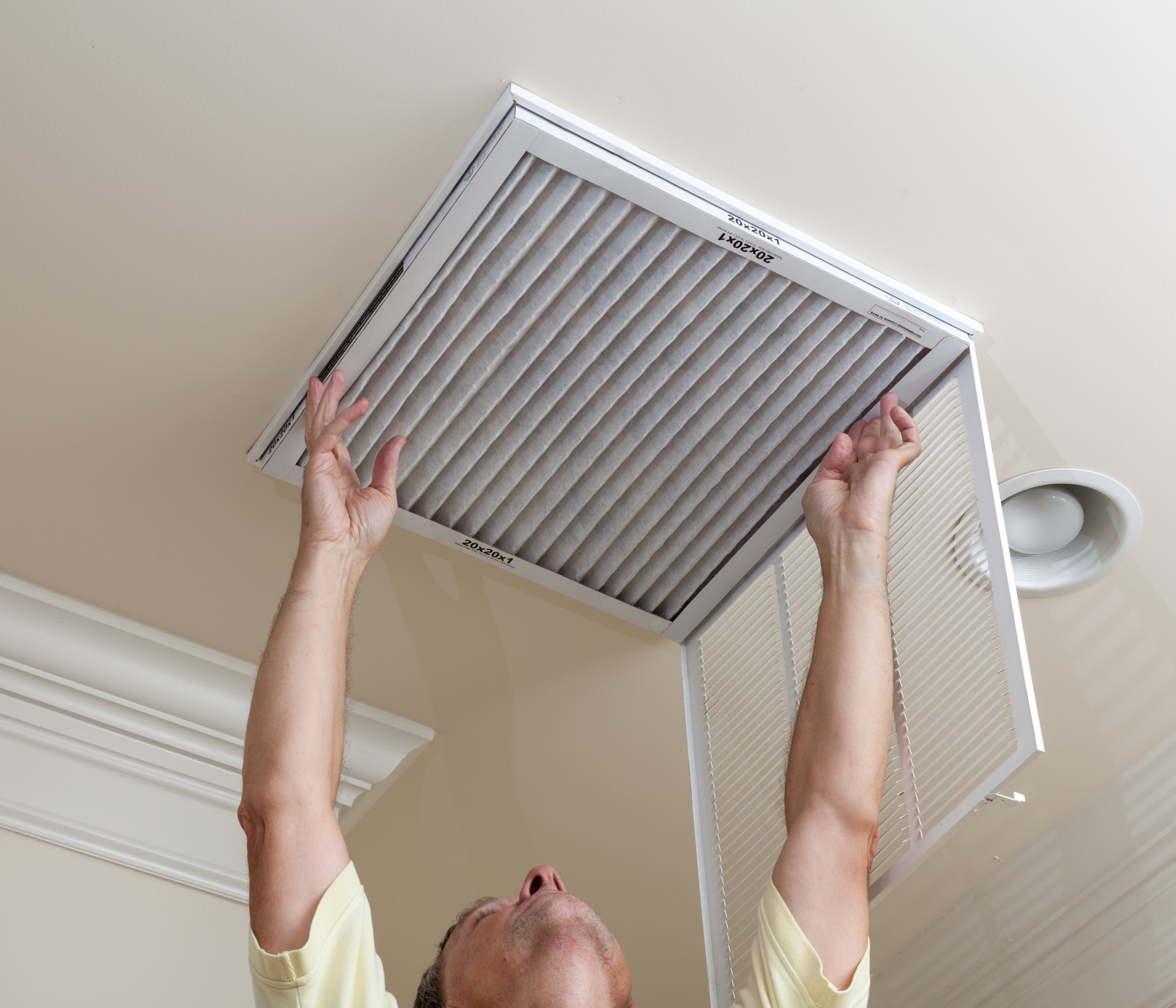The average household spends $83 a month on natural gas. That adds up to nearly $1,000 a year.
When you want to save on electricity, you simply switch off the lights. Turning off the faucet while brushing your teeth is an easy way to reduce water usage.
But figuring out what to do to reduce your gas bill is trickier.
You can’t just shut off your heat without ending up freezing yourself, or worse, freezing your pipes. While you might think you’re able to suffer through cold showers, odds are you won’t be able to stand the temperature of your water if you turn off your water heater in the dead of winter.
Luckily, there are several ways to reduce natural gas usage without sacrificing your warmth. Keep reading to learn more.
Lowering Your Heating Costs
One appliance that is likely causing your natural gas bill to surge every winter is your furnace.
When turning it off isn’t an option, there are a few other tricks you need to try in order to drop your bill.
Replace Your Furnace Filter
Your furnace is equipped with an air filter that helps to cut down on the amount of dust and other airborne debris that makes it into your home.
When your air filter is over-full, your furnace will seem to keep on working the same as always. But it may actually be working over-time to push air through the clogged filter.
Your furnace filter should be replaced every 30 days. Not only will this keep your furnace from having to work harder, but it can also help reduce allergies for anyone in your family who suffers from them.
Upgrade Your Furnace
If your furnace is outdated, even regularly replacing the filter won’t be enough to keep your heating costs at a reasonable level.
While spending more money might seem like an odd solution for figuring out how to lower gas bills, it actually makes perfect sense.
Upgrading to an Energy Star-qualified furnace can help you significantly lower your heating costs. The older your current furnace is, the more you could save when you upgrade.
When it comes time to upgrade, your new furnace needs to be energy efficient. An Energy-Star qualified furnace can be as much as 12 percent more efficient than other models.
Install a Programmable Thermostat
New programmable thermostats now make it possible to control your heat from anywhere.
Using your smartphone, you can lower your heat when you decide you’ll be away from home longer than expected. You can keep your heat low while you’re out of town, then turn it up on your way home so that your house is warm when you get there.
These new thermostats can even learn from your habits, lowering the heat during hours when you’re normally away, as well as overnight while you’re warm in your bed.
Schedule an Inspection
A leaking or faulty furnace will raise your heating costs.
Scheduling a yearly inspection will help you avoid this problem.
Just as ensuring your home gas tank is solid (learn more on this website), keeping your furnace operating at the highest is a must if you want to learn how to reduce gas bills.
Lowering Your Water Heater Cost
The other major source of your natural gas costs is your water heater. With these tips, you can cut some of those costs while still enjoying a hot shower.
Lower Your Water Heater’s Temp
Most home water heaters are turned up higher than they really need to be.
You don’t need to lower it by very much. Even reducing the heat that your water heater is programmed to reach by 10 degrees can make big changes to your bill.
Lowering your water heater to 120 degrees will still give you and your family nice, hot showers. Unless you’re someone who is used to blasting the full heat of your shower on yourself, you likely won’t even notice the change.
But doing so can help you cut your gas costs by anywhere from 3 to 5 percent.
Wash on Cold
Unless the instructions specifically call for it, washing your clothing, bedding, and towels in cold water won’t hurt them.
Your clothes will still get nice and clean, but you won’t have to pay to heat each and every load you wash.
Like flipping off the lights, switching to LED light bulbs, and running appliances during smarter times of the day, washing clothes on cold is one of the best eco-friendly choices your household can make.
Go Tankless
Traditional water heaters store a full tank of water. They heat that water continuously so that when someone turns on a shower or sink faucet, they’ll get hot water on demand.
But when you aren’t showering or washing dishes, your water heater will keep heating, using up natural gas.
A tankless water heater eliminates this problem.
A tankless water heater, as the name suggests, doesn’t have a tank. Instead, it runs water through a heat source to bring it to the proper temperature.
None of this happens until you turn on the tap. This means no more heating water when you aren’t using it, which correlates to lower gas usage.
While a tankless water heater is more expensive than a traditional model, you’ll more than make up for the added cost with the amount of gas you’ll save during the unit’s lifetime.
If a tankless water heater isn’t an option, an Energy-Star certified water heater can still help you cut back on your gas costs.
Reducing Your Natural Gas Usage
Reducing your natural gas usage could help you save hundreds of dollars on your utilities each year. Even if you can’t make all of the changes mentioned on this list, making just a few can have a big effect on your monthly bill.
But these are far from the only ways to cut back on your natural gas bills.

